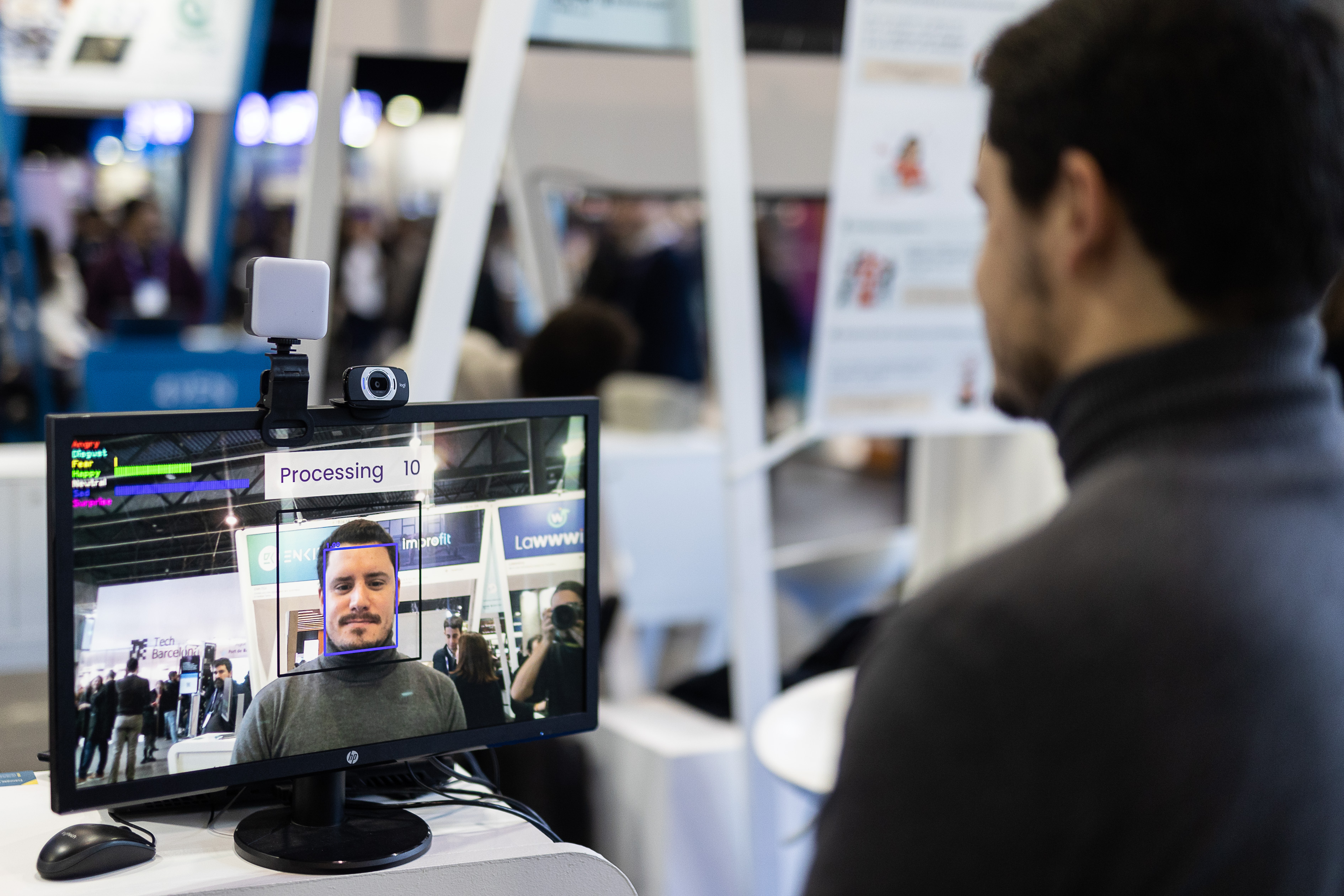The vast majority of Spaniards see AI as a positive thing even though they don’t understand it | technology


“The artificial intelligence will be the program that, by putting a little bit of information into it, will be able to find the answer you are looking for.” This is how a participant in the first study on artificial intelligence (AI) social cognition conducted in Spain defined what this technology was. The Wikipedia definition of artificial intelligence is not very similar to this participant’s idea: “It is a system and a set of cognitive and intellectual abilities expressed by computer systems or groups of algorithms that aim to create machines that mimic human intelligence. To perform tasks, they can improve upon while collecting information. Perhaps the big difference is Between the opinion of the respondent and the reality is that artificial intelligence does not require “little information”, but rather huge amounts of it.
Researchers from the University of Salamanca conducted this first study on the social perception of AI in Spain. The research consists of a survey to which 684 respondents from all autonomous communities responded, and holding discussion groups divided by age. The most striking result is the interest and widespread acceptance of this technology among the Spaniards. 44.81% of those who responded to the survey showed interest in artificial intelligence, and 29.24% were very interested. And 85.6% believe that AI has a positive impact on society. When evaluating these results, it’s important to understand the context in which the research was conducted: “Both the survey and discussion groups were conducted after ChatTPG’s popularity exploded,” explains Carlos Arcela Calderon, the study’s principal investigator. in groups [de discusión] We saw that opinions changed after the ChatGPT outage because people discovered the practical application of AI in their daily lives,” explains Patricia Sanchez Holgado, also a researcher in the group that carried out the work. “They saw that there they could get Great dealNow they appreciate the performance they can get from this tool,” he adds.
This coincidence in time with the ChatGPT outage may be why the answers in this work differed from other previous answers conducted in national surveys of social perception of science and technology that also questioned artificial intelligence, such as that conducted by the Spanish Science Foundation and technology (Fecyt) in 2022. In the latter, 34.5% of the people surveyed believe that artificial intelligence has many or enough risks compared to 27.8% who thought it does not have risks o These are very low, while in the survey conducted by a group Of the University of Salamanca, only 10.51% believe the damage is greater compared to 41.14% who think the opposite. In Carlos Arcila Calderón’s opinion, “The explanation for this difference in results may be that artificial intelligence has been identified with bots in the Fecyt survey and is generally distrusted because it is associated with job losses.”
The opinion of the subjects at the University of Salamanca did not seem to have much influence on the alert calls that were sent out by chief executives of the largest technology companies about the risks of artificial intelligence, which were going on. Since last March. Although the work also shows the main concerns of citizens about this technology: because of its potential ramifications in job loss, because of its potential misuse, because of how it affects digital privacy and hacking. The possibility of gender, racial or political biases.
Besides the great interest that artificial intelligence arouses among Spanish citizens, another finding that the researchers highlight about their work is the lack of knowledge that society shows about this technology: “The term is known, people usually use it and in most cases, it is believed that they understand what they are talking about” Carlos Arquilla Calderón asserts, “But when we turn to the part about the application, especially the part about biases, where most of the risks are currently, we see that there is no real understanding of what AI is. And he explains that our opinion as experts is that there is a higher perception of understanding among citizens than there is. Already exists “.
The University of Salamanca study on artificial intelligence has been announced in full discussion of the new legislation on this issue raised by the European Union. AI researcher Isabelle Huppont, an advisor to the European Commission on the matter who was not involved in the research, notes that the results of the group’s work from the University of Salamanca are very positive: i. Their results have forever surprised me because I did not expect such acceptance in Spain.” Hupont explains that social acceptance of AI varies according to country and culture: “There have been similar studies in other countries and what has been noted is that acceptance of AI is cultural and depends on many factors . Some of these factors are historical. For example, if a question is asked in a country where there has just been a terrorist attack, and the public sees that AI programs can be used to gather information, people are more open to this technology.”
Hupont adds that he believes that in Spain “great efforts are being made to talk about AI and its risks and benefits as well, and that people are more aware than in other countries”. What both Isabelle Huppont and the researchers from the University of Salamanca agree on is the need for legislation: “My opinion is that AI clearly needs legislation,” explains Huppont. Europe will be the first to pass a law to regulate this technology. It has not yet entered into force, and we are at the moment in the stage of proposals being negotiated among the 27 member states,” he adds. Sanchez-Holgado also agrees that laws must be put in place to regulate this technology, but warns: “These laws must protect public, but it is imperative that you not put sticks in the wheel of technology development.”
You can follow The Country Technology in Facebook And Twitter Or sign up here to receive The weekly newsletter.
Subscribe to continue reading
Read without limits





